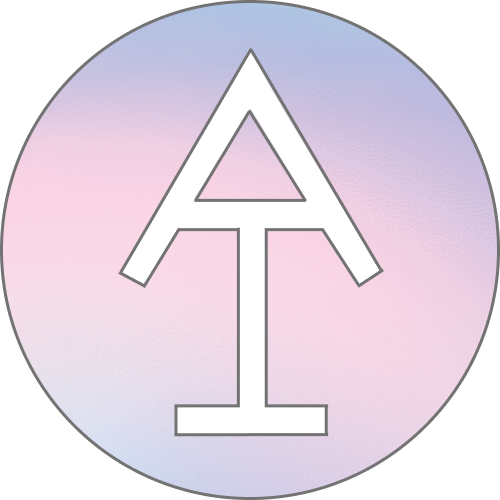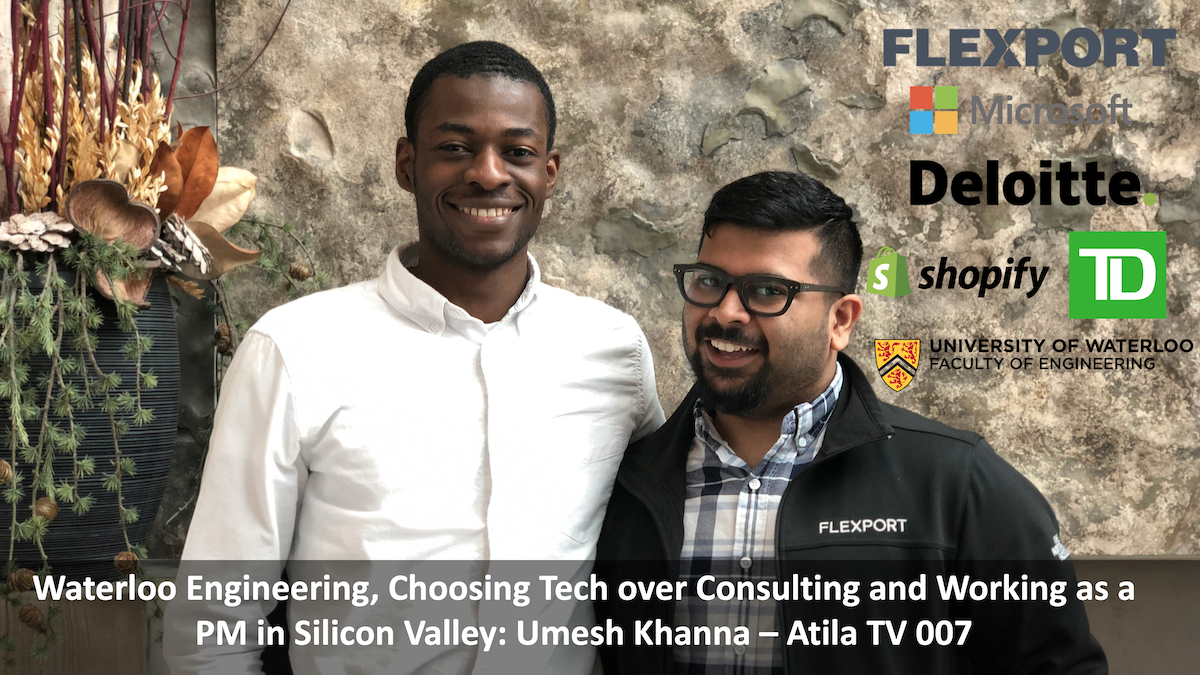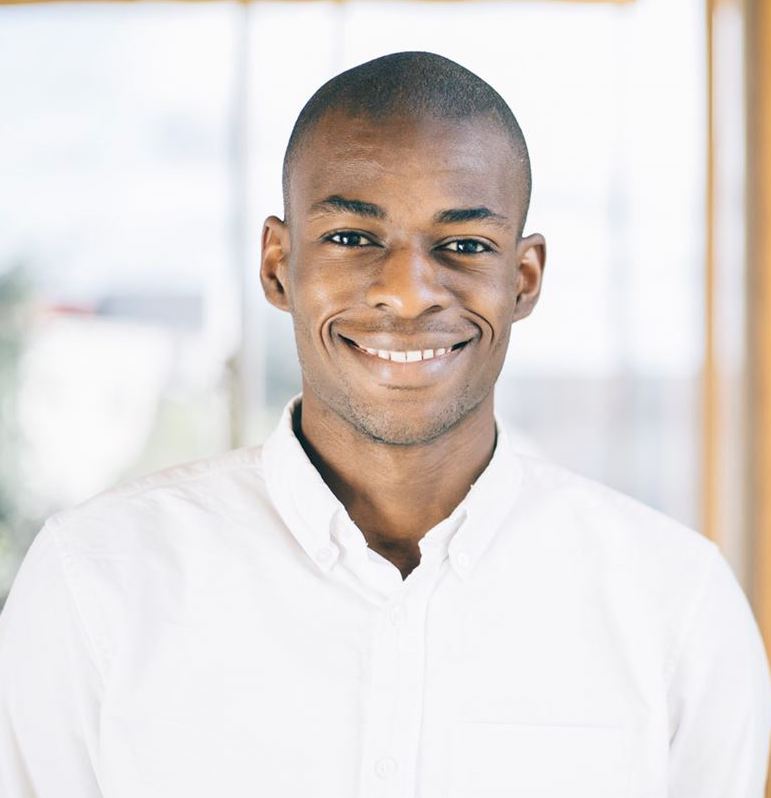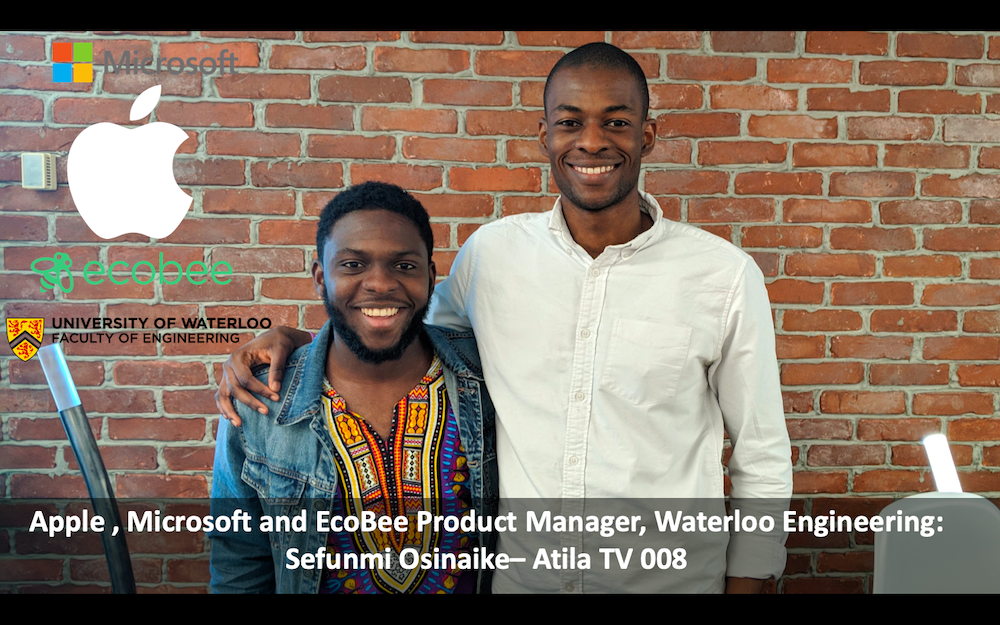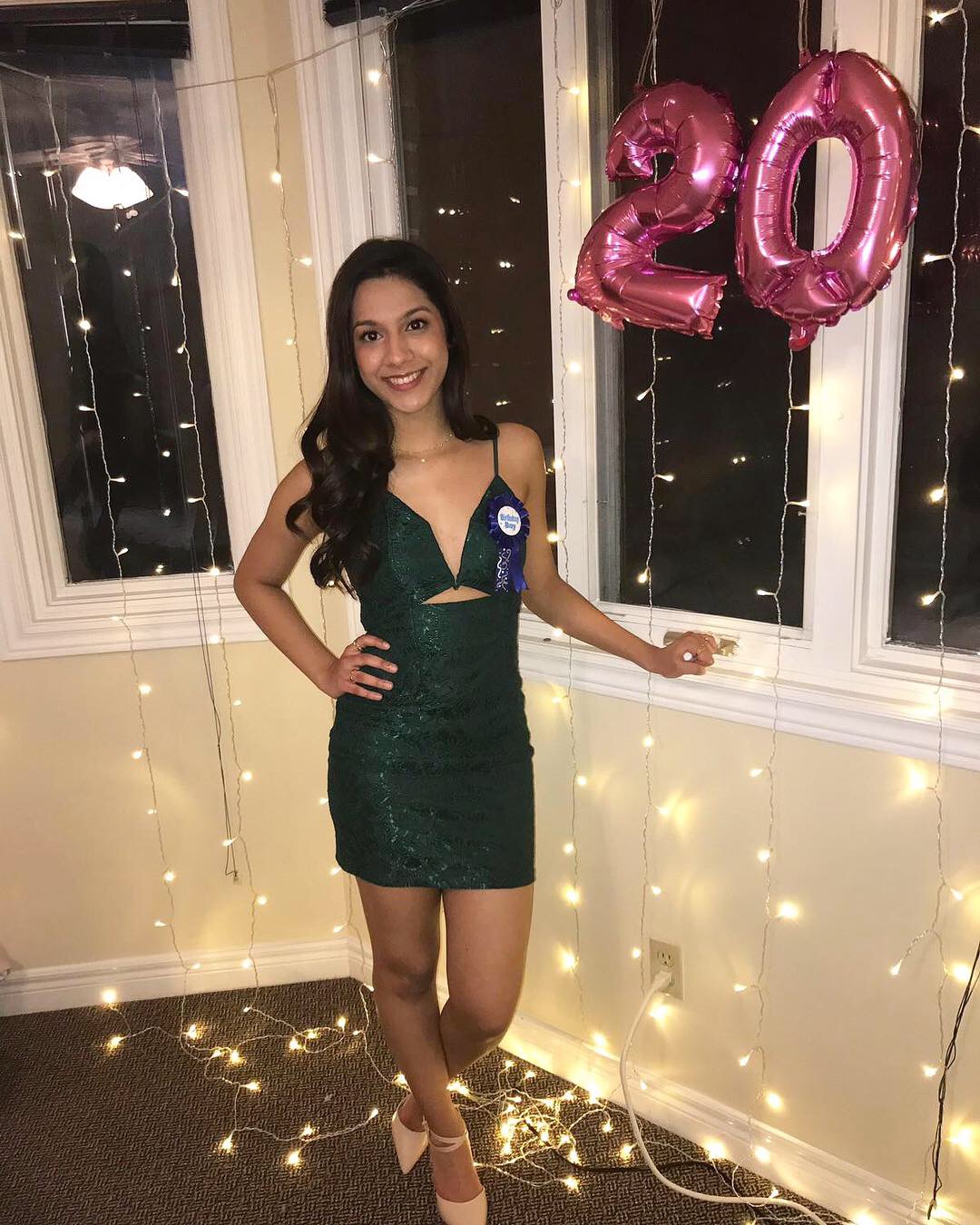Waterloo Engineering (ECE) and Product Manager for Silicon Valley Tech Company, Umesh Khanna on how to get into Waterloo Engineering and get

“I didn’t have much in terms of real engineering experience. For me, it was just tinkering with things and just messing with it.”
Waterloo engineering (ECE) and product manager for Credit Karma in San Francisco, Umesh Khanna, shares how he got into Waterloo Engineering.
Umesh is currently in the Waterloo Systems Engineering program. He has previously worked at Flexport, Toast, Clearbanc and Shopify in a mix of product and engineering roles.
Links Mentioned in The Interview:
So, you want to come to Waterloo engineering? https://ece.uwaterloo.ca/~dwharder/Engineering/
Professor Bill Anderson’s Waterloo Engineering Blog: https://profbillanderson.com/
📺 Watch Full Interview on Youtube: https://youtu.be/4N7tTTTsUQw
Atila Tech’s instagram: https://www.instagram.com/atilatech/
Umesh’s LinkedIn: https://www.linkedin.com/in/umeshkhanna/
Tomiwa’s LinkedIn: https://www.linkedin.com/in/tademidun/
Tomiwa’s website: https://tomiwa.ca
Atila LinkedIn: https://www.linkedin.com/company/atila-tech/
Tomiwa’s Instagram: https://www.instagram.com/tomiwa1a
Tomiwa’s twitter: https://twitter.com/tomiwa1a
Read The Full Interview Here:
How Umesh got into one of the Most Competitive Programs in Canada, Waterloo Engineering
Tomiwa: So I mentioned in the beginning, Waterloo Engineering: very prestigious program, very competitive program to get into. Now whenever I ask this question, people always want to be modest, but if you had to look back on yourself, what do you think it is that helped you get into such a competitive program? [5:05]
Umesh: Sure. Um… I think the first thing is marks. Waterloo is a very, as you said, competitive program and the requirement to get in, increases. It’s insane how some students have 98 averages and they can’t get in.
Tomiwa: What did you have when you applied?
Umesh: In high school I had a 96 cumulative.
Tomiwa: Wow.
Umesh: So that was, I think at that point, ‘good enough’. I feel like right now if I were to reapply, it might not be? It has become so, so competitive. I feel like I got in during an easier period of time.
What I actually applied was for engineering, for electrical engineering. It’s what my dad was doing, and a lot of my friends and family were doing. For me, I wasn’t sure what entry program to go to, but to see what’s the most, I guess, reasonable choice or the most attractive at that point. And when I was applying, I remember writing the AIF (Admissions Information Form) and talking about exactly what I mentioned which was playing with things, trying to break things, actually just figure out how to build things from scratch. That might’ve not helped my case getting into Waterloo, but that’s what I wrote about and was passionate about at that time.
Tomiwa: So I know with Ivey, they were always like, “It’s not just enough to have high grades, you also have to have extracurriculars and be well-rounded.” For Waterloo Engineering, is it like, mostly all grades, or do you need to do other stuff as well?
Umesh: I don't know... I think I remember reading about, for all those who did want to go to engineering, Professor Bill Anderson's famous blogs with Waterloo Engineering. He talks about how you need to have grades, but then the AIF could bump your score. So as far as I know, again, not a part of the recruiting for Waterloo, is that you apply with your grades and the AIF could bump you two marks or three marks, and that overall kind of accumulated value is what is compared against others. And the AIF talks about, as I mentioned, your passions, your interests, also your extracurriculars. The extracurriculars in high school... I was super involved with Student Council, with DECA, VP of both, and I feel like those probably helped as well in terms of the AIF form.
Tomiwa: Do you need prior ‘engineering experience’? Like, does that help your application?
Umesh: I don't think so. I didn't have much in terms of real engineering experience. Like for me, it was just tinkering with things and just messing with it. I know a lot of friends who've come in—
Tomiwa: "I've never coded before,"
Umesh: —"I've never coded before," and even for me like grade 11, grade 12, very little coding, very marginal. Just y'know, the IES course in high school, but even then it wasn't very engineering-heavy from my aspect.
Not included in the video snippet, but additional information that you can watch in the full interview:
The Most Difficult Internship to Get and How To Get It
Tomiwa: Out of all the five internships you’ve had so far. You mentioned that you’re working at Credit Karma next. Now we’re up to six internships, you haven’t even finished university yet. Out of all six of internships, which one was the most difficult one to get? [19:25]
Umesh: I think it was the most recent one, Flexport . This is actually a funny story. This is one of those things I didn’t realize was a thing. I’ve always heard about it but I never realized it was a thing. Keep on trying even though you get rejected. What I mean by that is that I actually applied to Flexport through the recruiter, sent her an email that said, “Hey I’m interested in Product. I know you’re building this.” Within 15 minutes got a reply: Sorry we’re not looking to hire for this position. But if you’re an engineering or software engineer, we’ll interview you.
I was like “No, no, I'm trying for Product—”
“Nope.”
Complete denial. Essentially a rejection. That really hurt because it was a great product, great team, exactly what I want to do, I can see myself working there. After the rejection I’m like screw this. SO I sent the CEO of the company an email.
Tomiwa: How did you get his email?
Umesh: You can make email permutations. A lot of websites that can do that for you. I Said “Hey this is my background. I have a tech background and product background. I know you have this team, all I said was I need 15 minutes with you, I want to be a part of this team and be able to build this team.” The next day he replies, he CCd me to my recent boss. “Hey this is an intern, might be interested in your team, go talk.”
After a few interviews with them, a bunch of interviews. The interviews were very hard because they were very different people. The first one was with my direct manager, the second one was with my now mentor. They were all talking about different things, what is my experience, what I can offer, what I can learn, what I want to learn.
That was the hardest internship to get because of the concern that this is my dream job right now, and the fear that if they find out that I already got rejected, they might not even be open to talking. It was kind of a tricky one to get, but I was glad that I went through that and still kept on hammering even after the rejection
Tomiwa: Dude, I love that story. That’s such a boss move. The recruiter said no, so you’re like “Forget this”, I’m going to email the CEO.
Tomiwa: I always tell people. This is sort of my advice to you guys. Everything works but I personally don’t recommend reaching out to recruiters. First of all, recruiters get so much deal flow. Second, they are just following an algorithm. You don’t match this box or criteria I was told to look for, put you aside.
Umesh: Which is fair, they are doing their job. You can’t blame them for that.
Tomiwa: That’s true.
Umesh: I wasn’t a Waterloo software engineer, so click next. But that was probably one of the most impactful learning experiences.
How to Get a job in Tech and Reaching out Recruiters
Tomiwa: Speaking of that. For someone who wants to get a job in tech. What advice would you give someone? [22:55]
Umesh: Yeah, I’ll look into the camera for this one. Honestly, I think it's two parts. One is figure out what you want to do if you don’t know what you want to do. Just take a day and choose something. Then learn it, learn it quickly. You don’t have to be the best at it, but be able to be somewhat proficient. Then just go and apply for all those jobs that you can work at.
I think the first job should not matter where you go long term. The first job is more about figuring out. How I used my internships is to figure out what you don’t like but also what you do like. Through my internships I realized that I don’t like coding. I realized that early on which is great so now I can make sure I focus on other things.
Tomiwa: How about something more tactical. So a couple things that come to mind. People always ask me this: I want to email the recruiter or I even want to email the CEO. What should I put in that email? How do I humble brag? [24:10]
Umesh: First, don’t make generic emails. That’s the biggest no-no that anyone can say. I’ve been hit with generic emails by recruiters or even students.
Tomiwa: You can tell.
Umesh: You can tell. You don’t even reply to those. If someone sent me an email and it was genuine and if I could help them I would, if I can’t I’ll reply and say, “I’m sorry I can’t do this, but best of luck.” But if it’s a generic email you just delete.
Tomiwa: What should you write in those emails?
Umesh: Honestly, just be honest for what you want. Everyone has a goal or desire. I would like to know that or, people will like to know that. So if your goal is to get a job somewhere. Just talk about why you want to work there, what you’ve heard of them, what excites you about them.
If you can convince them of that you can definitely get an interview. That’s where the hard, tricky part starts.
Tomiwa: When you emailed the CEO what did you say to him?
Umesh: With Ryan, the email said 2 things. First of all, I apologized for the cold email and thanked him for reading this.
Quick blurb, “Hey I’m a student.” Oh yeah by the way, always use the student card. The student card helps so much. “I’m a student from this school, I heard of Flexport Capital. Second sentence I have a background in lending, background in Product, worked at Shopify so I know about trade. Would love to work at Flexport for these reasons.”
The last sentence is kind of a call to action. When you send an email make sure you tell them what to do next. If you tell them you’re a student. So what?
Tomiwa: What was your call to action?
Umesh: Essentially, can I have 15 minutes of your time to have a quick call to talk more about this, or be pointed towards the appropriate manager so I can learn more. That’s what happened.
Tomiwa: There’s always two ways to go about this. How direct should you be? For example, for me when I cold email people I’m very straight to the point. Basically, I want an interview, I also would like for you to refer me. Then blah blah blah. So were you more like “Can I just talk,” or were you, ”I want to talk so I can get an interview.”?
Umesh: So I did some research beforehand. Everyone has some sort of style. Some people love confrontation, straight to the point. Some people don’t like that. Some of my good friends who are in Product, if you send them a straight email, “Hey I need this.” They’ll be like no, that’s not a very polite way to ask. Whereas for me I like direct, just get to the point.
So I researched and talked to someone from Flexport who was a recent graduate from Waterloo. Reached out to him and asked, “What’s going on, what should I know about Flexport?” This is before reaching out to recruiters, trying to figure out what the mindset of Flexport is. Are they direct or not? Based on his feedback he gave me the rundown, the recruiter is very nice so be very clear and transparent. The CEO is very direct, very fast. So if I wanted to talk to the recruiter, my email was very soft and very nice.
Then once I got the rejection, just went to the CEO and said, “Here’s what’s up”. That might not work for a lot of people, honestly. It was a gutsy move, he could have just thrown that out in a second if it was a big problem.
[Editor’s Note: Tomiwa wrote an article about how to get an interview at top tech companies and included some sample emails you can use when emailing people.]
*Interview transcripts have been edited for clarity
Check out the full video on YouTube!
Related
Umesh is currently in the Waterloo Systems Engineering program. He is an incoming product management intern at Credit Karma in San Francisco. We talk about why he chose product management at a startup over 3 offers for consulting at Deloi...
Sefunmi Osinaike is currently a product manager at Ecobee. He previously worked at Apple and Microsoft in product manager roles. He graduated from the University of Waterloo's Electrical and Computer Engineering program.
